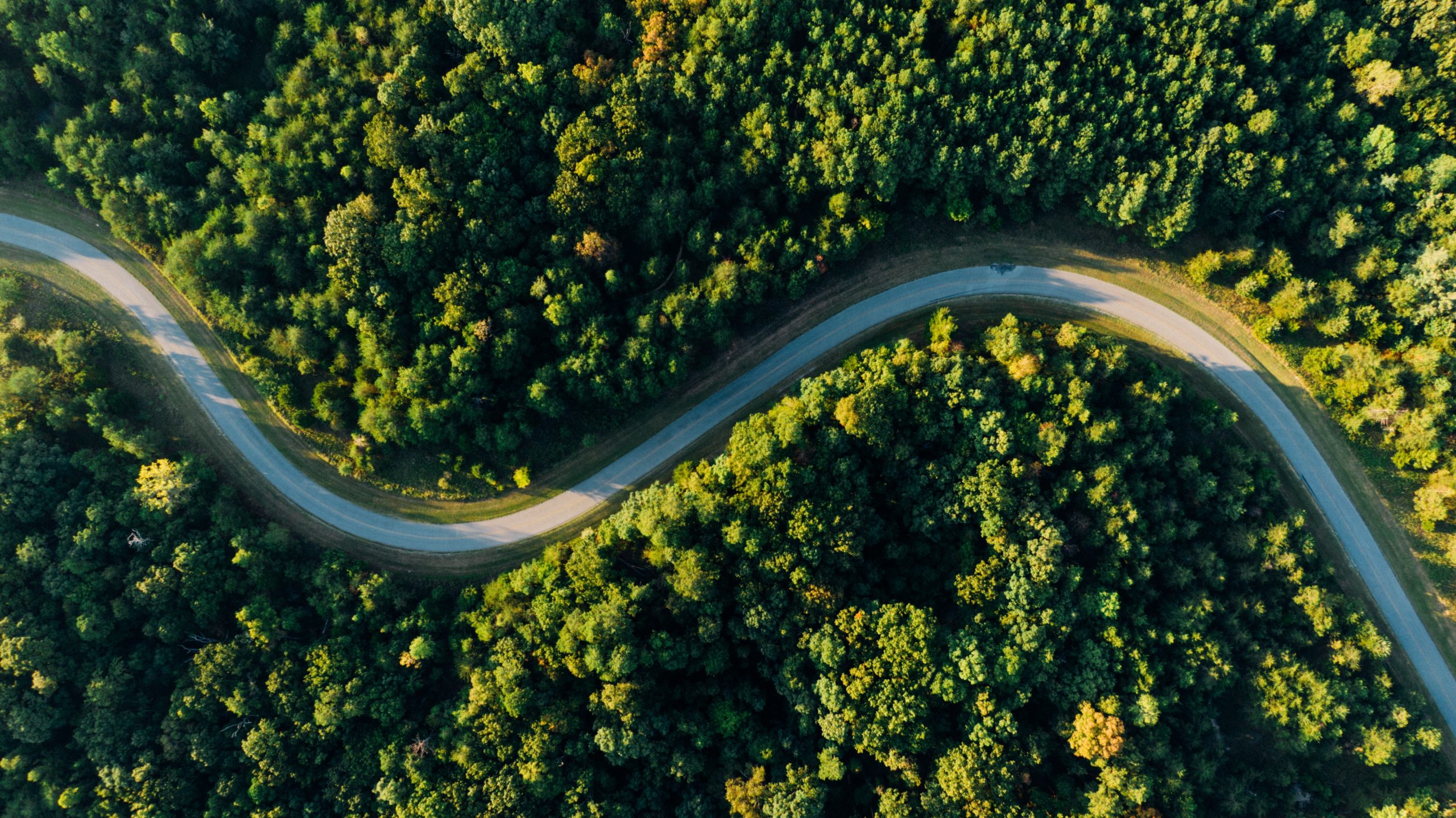The BBI-JU Biocircularcities project started in October 2021 and will run until September 2023. The project aims to unlock the circular economy potential of unexploited bio-based waste streams by exploring the development of economically and environmentally efficient organic waste models in three pilot areas: the Pazardzhik Province (PP), the Metropolitan City of Naples (MCN) and the Metropolitan Area of Barcelona (MAB).
What has happened so far?
Pilot projects were used to select the biowaste management chains to be studied: municipal biowaste in MAB, coffee biowaste as an example of biowaste from the agro-industrial sector in MCN and forestry residues in PP. Innovative alternative scenarios for the circular bioeconomy for organic waste were also defined in three pilot areas: 1) introduction of prevention measures, change of separate collection of organic waste from open street containers to door-to-door collections and/or smart bins, and valorisation of biogas produced from anaerobic digestion of separately collected municipal organic waste into biomethane for the local gas grid in MAB (ES); 2) conversion of coffee residues (coffee silver skin) into high-fibre bread in MCN (IT); and 3) production of heat, energy and/or biochemicals from forestry residues in PP (BG). For these three value chains in the pilot areas, the relevant legal frameworks and best practices at EU, national, regional and local level were identified.
All results were achieved with the help of local Living Labs, where local stakeholders from different sectors such as private companies, local administrations or universities are invited to discuss and exchange ideas on the circular bioeconomy, focusing on the collection, treatment and valorisation of biowaste within the selected value chains in the pilot areas.
In March 2022, the first series of Living Labs on “the current bio-waste management system, challenges and best practices” and the first General Assembly were organised online due to Covid-19 travel restrictions. The second round of Living Labs was carried out in September 2002 to identify the key regulatory, social, environmental and techno-economic drivers and barriers to the implementation of the circular economy in the local biowaste value chains in the three pilot areas. The 2nd Living Lab for the Metropolitan Area of Barcelona and the 2nd General Assembly were held on-site in Barcelona, while the LL#2 for Naples and Pazardzhik were held online.
What will happen next?
All results of the stakeholder discussions will be included in the final reports of the project to provide policy recommendations. Life Cycle Assessment and Life Cycle Costing will be carried out based on the data collected in the pilot areas and in the literature. An online webtool containing all relevant results of the project will be developed to support municipalities and private companies in decision making for new innovative biowaste value chains.
Upcoming dates
The third group of Living Labs “Preliminary policy recommendations for the implementation of the circular bioeconomy based on the preliminary results of LCA and LCC; presentation of the webtool prototype” will take place in March 2023 (on-site in Naples and online for Barcelona and Pazardzhik). The final events “Definitive results of LCT and recommendations for policy makers and entrepreneurs for each pilot area; presentation and testing of the final webtool” are planned for July 2023 and will take place on-site in the three pilot areas.
For more information, visit www.biocircularcities.eu and follow us on @Biocirc_cities


